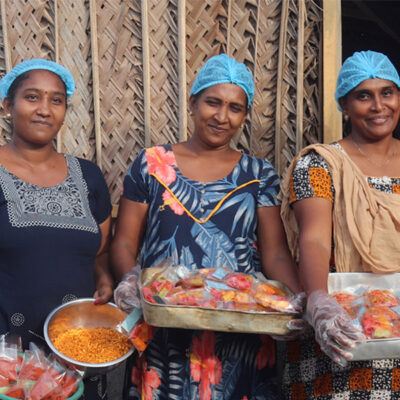 Food aid, nutrition, AIDS—it’s all connected. Ruth Messinger’s recent piece on Change.org and Huffington Post poses a response to this week’s New York Times article that paints a stark picture for the future of Uganda and the global fight against AIDS. Despite the incredible achievements of U.S. foreign aid in combating the AIDS epidemic, advocates and health providers are worried that the U.S. is giving this fight a cold shoulder. Messinger calls upon leaders to take a good hard look at the consequences of privileging “cost effective” interventions for malaria over “expensive” treatment for HIV/AIDS. Rather than addressing health problems in isolation, what we need, of course, is a holistic approach to strengthening health systems, aid distribution and food sovereignty all at once. Policy-wise, supporting the Foreign Assistance Revitalization and Accountability Act (S. 1524) to promote global development, good governance and a reduction of poverty and hunger is critical.
Food aid, nutrition, AIDS—it’s all connected. Ruth Messinger’s recent piece on Change.org and Huffington Post poses a response to this week’s New York Times article that paints a stark picture for the future of Uganda and the global fight against AIDS. Despite the incredible achievements of U.S. foreign aid in combating the AIDS epidemic, advocates and health providers are worried that the U.S. is giving this fight a cold shoulder. Messinger calls upon leaders to take a good hard look at the consequences of privileging “cost effective” interventions for malaria over “expensive” treatment for HIV/AIDS. Rather than addressing health problems in isolation, what we need, of course, is a holistic approach to strengthening health systems, aid distribution and food sovereignty all at once. Policy-wise, supporting the Foreign Assistance Revitalization and Accountability Act (S. 1524) to promote global development, good governance and a reduction of poverty and hunger is critical.
One organization that has embraced this integrated approach is Kisumu Medical Education Trust (K-MET), an AJWS grantee founded in 1995 to address health, education and development issues in the rural areas of western Kenya. Through care-giving and capacity building, K-MET develops programs to improve reproductive health, nutrition and the overall quality of life for vulnerable populations and people living with HIV/AIDS. K-MET really understands the interconnectedness between food justice, disease prevention, health and wellness. It’s a phenomenal organization and one of its most sustainable innovations in the face of food insecurity is its kitchen garden program. Learn more.


